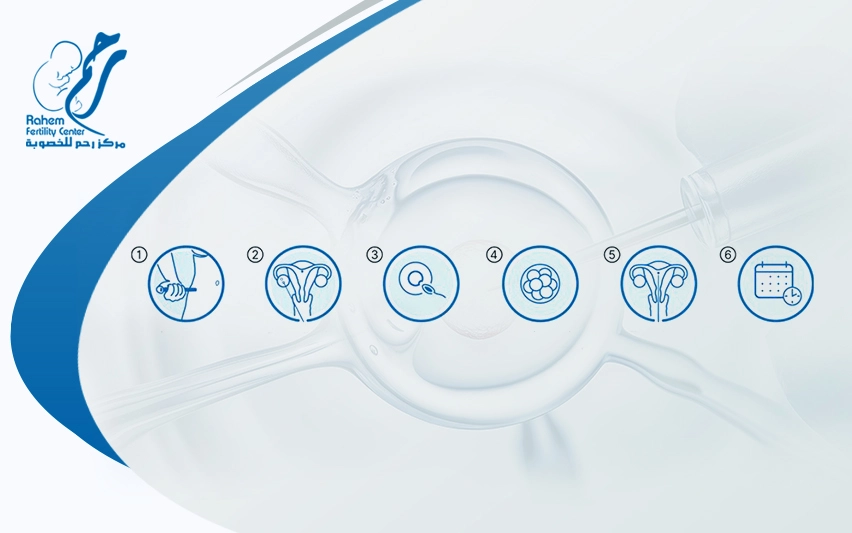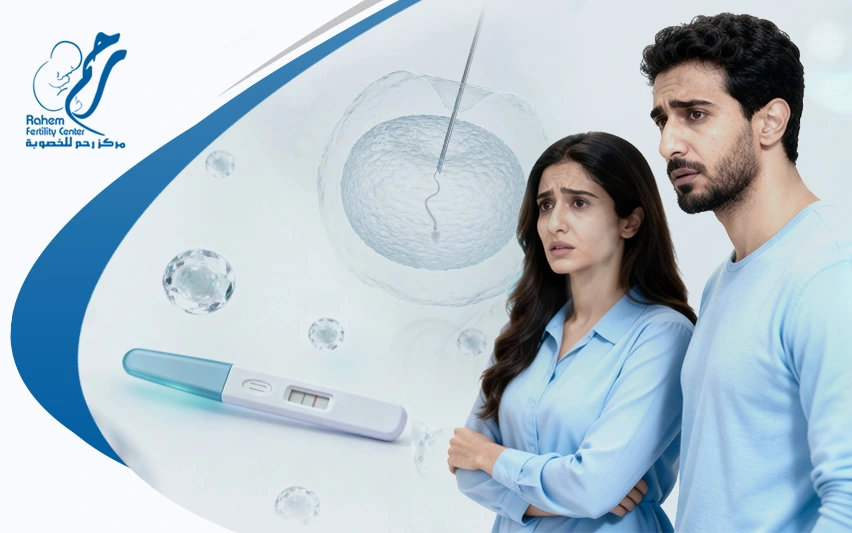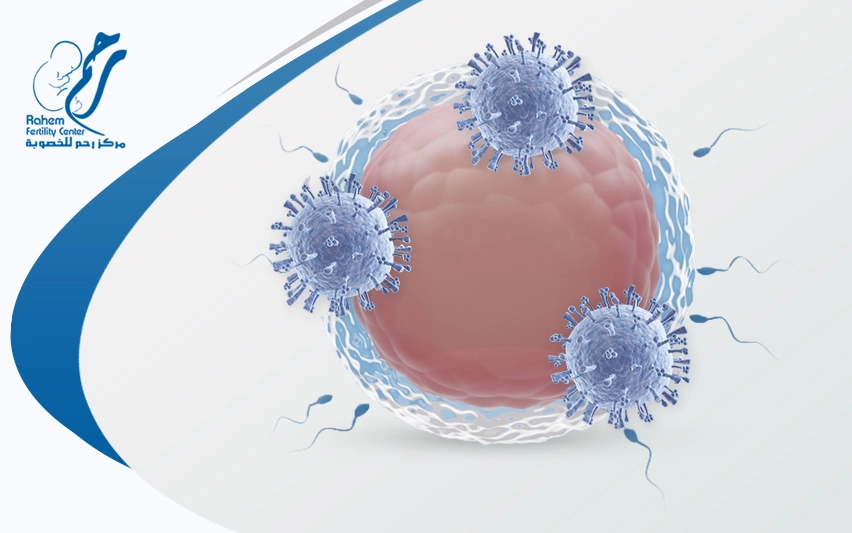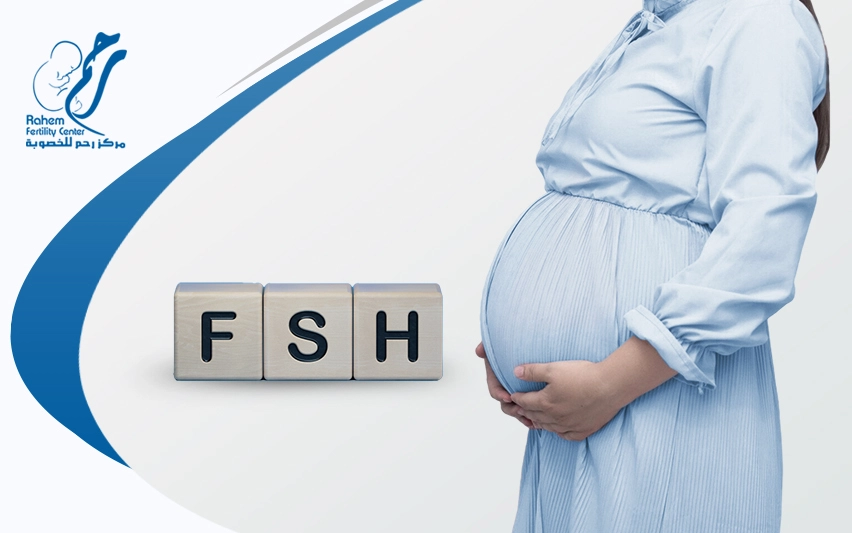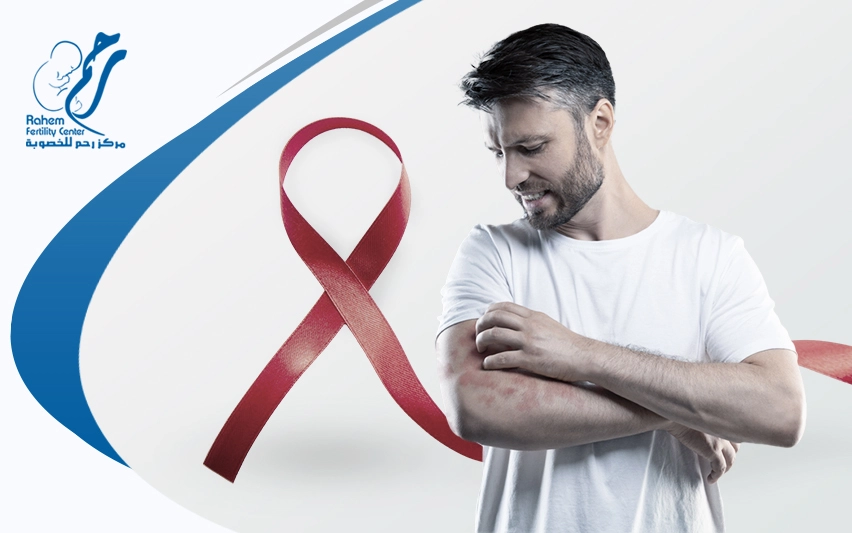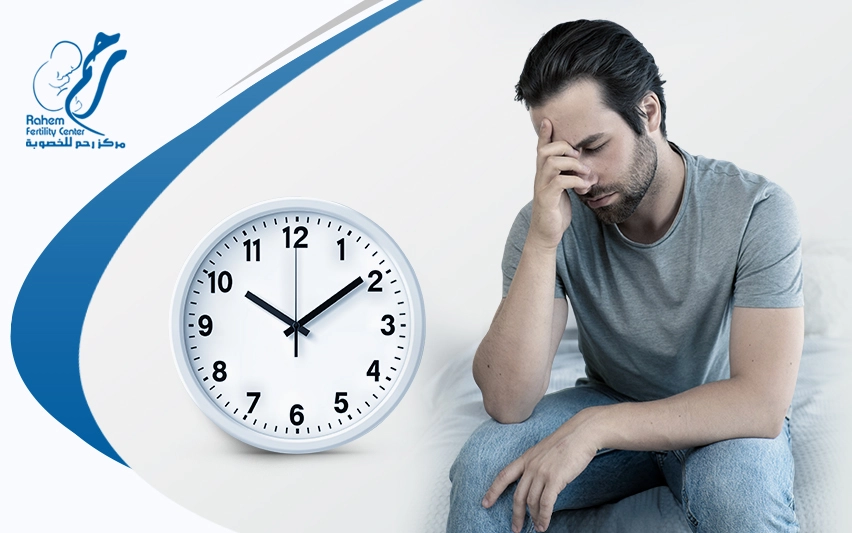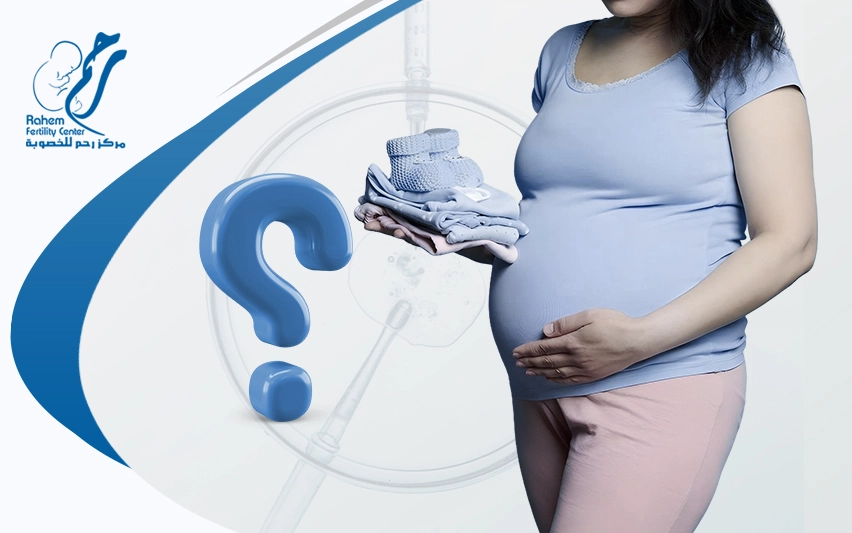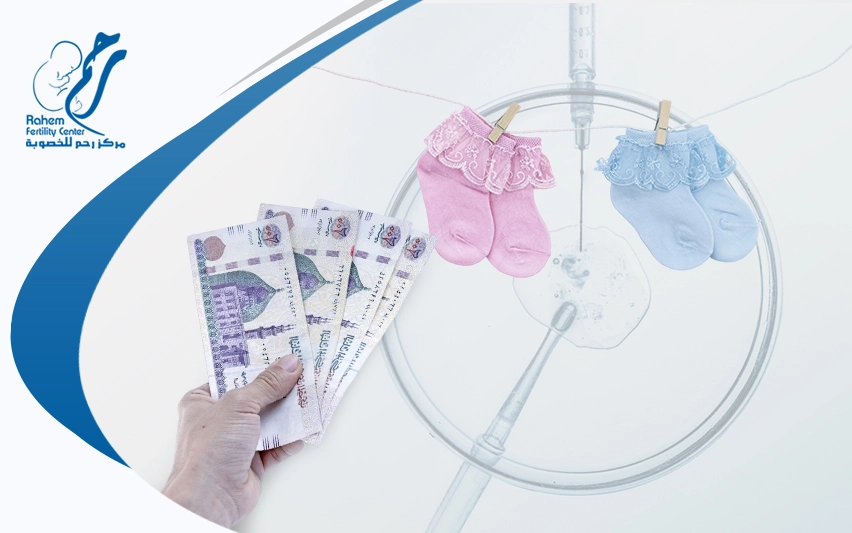You’ve decided to try IVF. Now what? What lies ahead may be intense, but it’s also organized, scientific, and full of possibilities
Understanding the IVF timeline isn’t just about knowing dates; it’s about mentally preparing yourself for what’s coming, physically pacing your energy, and emotionally grounding your expectations.
The entire process may look overwhelming from the outside, but when broken down step by step, it becomes manageable and even empowering.
Here’s a comprehensive look at the IVF timeline from first consultation to pregnancy test, along with answers to the most common questions patients ask when considering fertility treatment.
How long is the IVF Process Start to Finish?
On average, the IVF process from consultation to pregnancy test takes around 6 to 8 weeks. Let’s explore the IVF timeline in detail.
Week 1: Consultation, Testing, and Planning
It all begins with your first fertility consultation. During this phase, your doctor will review your medical history, conduct physical exams, and order baseline testing for both partners.
This may include:
- Hormones lab tests: AMH, FSH, LH, estradiol.
- Transvaginal ultrasound to assess the ovaries.
- Semen analysis (for the husband).
- Infectious disease screening.
- Genetic carrier screening (if needed).
Week 2: Pre-treatment Phase
Before the ovarian stimulation phase begins, you may be prescribed birth control pills or estrogen to regulate your hormones and follicle development.
This step can last 10 to 14 days and helps improve outcomes in the actual stimulation cycle. Some clinics skip this phase, depending on your cycle type and hormone levels.
Week 3–4: Ovarian Stimulation
Here’s where the action starts. You’ll begin daily hormone injections to stimulate your ovaries to produce multiple eggs. This phase typically lasts 8 to 12 days and requires close monitoring through blood tests and ultrasounds.
Medications may include:
- FSH or hMG to stimulate follicles.
- GnRH antagonist to prevent premature ovulation.
- hCG as a trigger shot once follicles are mature.
Is IVF hard on The Body?
IVF can be physically and emotionally taxing. Bloating, mood swings, and injection-site tenderness are common due to the hormones the woman takes.
But many wives find this phase tolerable, especially with support and guidance.
Weeks 4–5: Egg Retrieval and Fertilization
About 36 hours after your trigger shot, you’ll undergo egg retrieval under light sedation. The procedure takes around 15 to 30 minutes and is done using ultrasound guidance.
After retrieval:
- Eggs are fertilized in the lab using IVF or ICSI.
- Embryos are cultured for 3 to 5 days.
Is 7 Eggs a Good Number for IVF?
The number of eggs retrieved can vary. But yes, especially if the quality is strong. Seven mature eggs can lead to several viable embryos depending on age and health.
Get your inquiry
At Rahem Center, our vision is to be at the forefront of distinguished scientific centers in the field of fertility assistance, not only in Egypt but in the world.
know more about: ivf due date calculator
Weeks 5–6: Embryo Transfer or Freezing
If you’re doing a fresh transfer, the embryo is placed into your uterus within 5 days after retrieval. If you’re doing PGT-A testing or waiting for your body to recover, your embryos may be frozen for a future frozen embryo transfer.
However, embryo transfer is quick, painless, and doesn’t require anesthesia.
Some women take a few days off after transfer. Others resume normal activity. There’s no proven benefit to extended bed rest. Just take it easy and stay relaxed.
Week 6–7: The Two-Week Wait
Arguably, the most difficult part of the IVF timeline emotionally is when you wait 10 to 14 days after transfer before taking a blood test to confirm pregnancy.
During this time, you’ll continue progesterone support to help maintain the uterine lining.
Week 8: Pregnancy Test
A beta hCG blood test will determine whether implantation was successful. If positive, you’ll continue hormonal support for several more weeks. If negative, your doctor will review what happened and help plan your next steps.
How many rounds of IVF are Normal?
Many couples ask: “How many times should I try IVF before giving up?” And there’s no universal answer.
Some couples succeed on the first try. Others need multiple rounds. What matters most is whether the process is moving forward, with embryo quality, uterine receptivity, and response to medication improving.
In Summary, What is the Timescale for IVF?
- Week 1: Consultation and testing.
- Week 2: Cycle regulation.
- Weeks 3–4: Ovarian stimulation.
- Weeks 4–5: Egg retrieval and fertilization.
- Weeks 5–6: Embryo transfer or freezing.
- Weeks 6–7: Two-week wait.
- Week 8: Pregnancy test.
From beginning to end, the IVF timeline covers about 2 months, but the emotional journey may feel much longer. Having a clear sense of timing can reduce stress and increase your sense of control.
What the IVF Timeline Looks Like at Rahem Fertility Center
At Rahem Fertility Center, we personalize every step of your IVF timeline based on your age and health. Whether it’s your first cycle or your third, we help you navigate the process with science, clarity, and compassionate care.
If you’re ready to begin your IVF journey, let’s plan it together!



